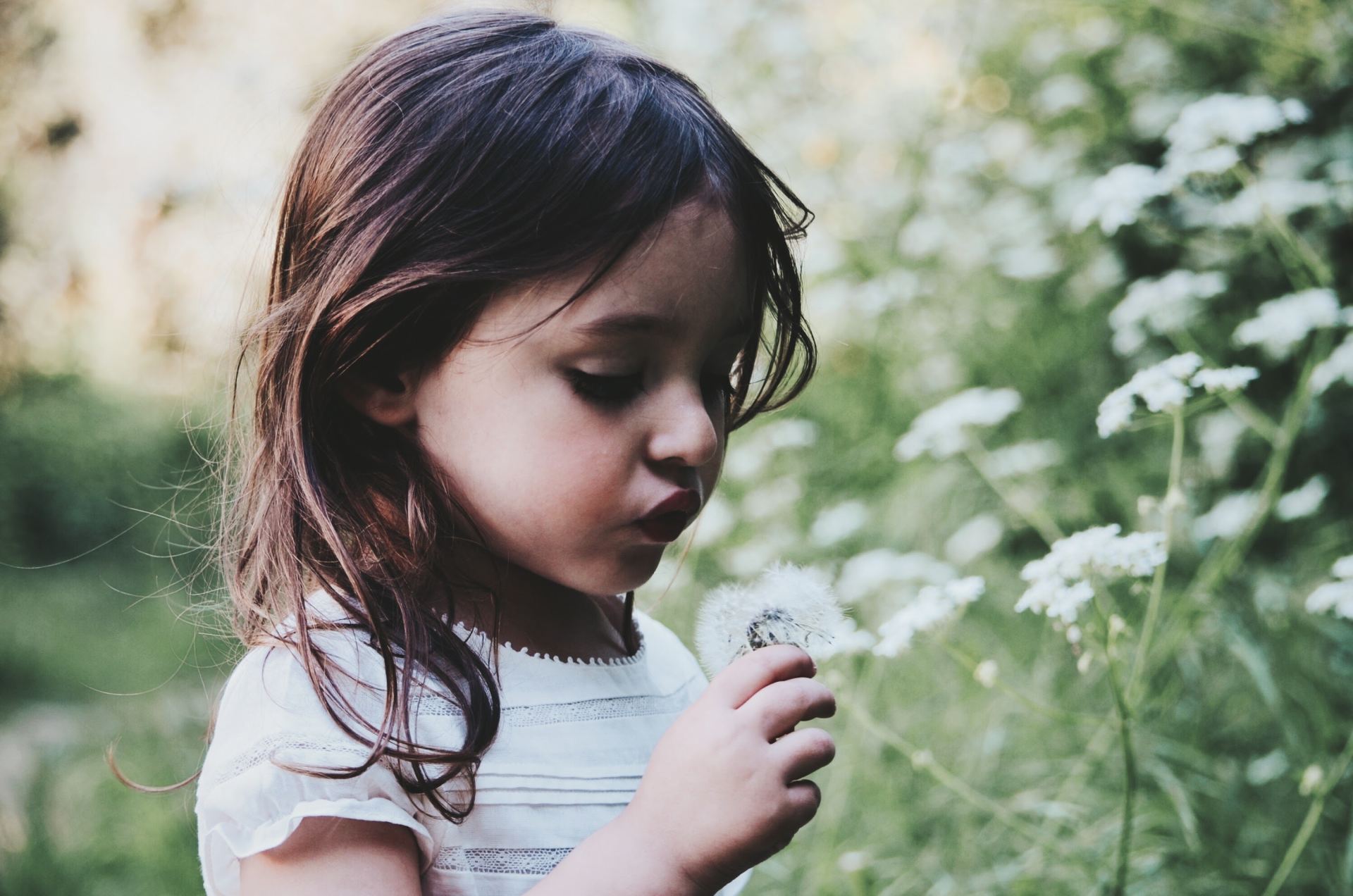How to Help a Child with Anxiety about School
I remember it well. The sense of impending doom, and tummy aches, as the first day of school loomed at the end of the summer. Creeping ever closer, I remember wishing time would just stand still. Anxiety about school can be crippling for many children, not to mention the stress on the family. Some level of worry is normal and adaptive, but it becomes problematic when it is chronic, excessive, uncontrollable or paralyzing. In general, anxiety is a physiological response by the brain based on a real or imagined fear. It is a fight or flight reaction that floods the body in neurochemicals in an attempt to keep us safe. Anxiety is tricky because it can show up in a variety of ways.
Signs your child may be struggling with anxiety about school
Children reveal much about their inner lives and we can often make some guesses about what is going on if we really pay attention. This involves watching and listening carefully. Children might show their worries in a variety of ways:
Cognitively - older children may express their worried thoughts verbally. They may tell you why they are worried, for example, “I’m worried the teacher won’t like me”, or “What if I have no one to play with at recess.”
Emotionally - anxious children may be extra sensitive or tearful, irritable or angry leading up to school. Its physically and emotionally exhausting having anxiety, so increased fatigue may also be a factor making children more vulnerable to their emotions.
Behaviourally - children’s anxiety is most often illustrated through a variety of behaviours. This can look like naughty or acting out or alternatively, other children may be withdrawn and quiet. This is often because many children lack the verbal skills to express themselves in adaptive ways. It is also common for children to have sleep or appetite disruptions, that is more or less than usual.
Physiologically - anxiety shows up inside the body as well. Children may have tense muscles, increased heart rate and breathing or feel sweaty and shaky, particularly when thinking or talking about school. These biological responses may be particularly evident the night before or the first morning of school as anticipation is heightened.
How to help
Listen carefully in an attempt to uncover the reason for the worries. It is possible that some problem solving may resolve an anxiety-provoking issue at school. Be curious about the child’s perspective and try to avoid excessive reassurance. A simple matter of fact response avoids repeating patterns of reassurance that never seem to appease a worried child.
Join forces with the child to fight the anxiety together. Your child will feel as though you’re on their side and supported. Encourage courageous behaviour rather than anxious behaviour and celebrate small steps with praise. It is also important to model non-anxious behaviour because children are exquisite observers of their parents.
Try to be proactive and preventive when it comes to managing a child’s anxious behaviour. Plan ahead for and avert unnecessary triggers so the same old patterns do not keep repeating themselves. This will reduce family stress and promote healthy coping strategies.
Finally, it may be helpful to start talking about the return to school half way through the summer. Visit the teacher and classroom if possible before the first day of school, so your child knows what to expect. And, begin to get back into a more predictable routine several week before school starts, such as waking up, mealtimes and bedtime.
If your child’s anxiety is more intense, more frequent and impacts daily life more than you’d expect, it might indicate the need for additional support or treatment. Contact your family doctor or a therapistfor help. Early intervention gives children the tools to manage anxiety for a lifetime
About the Author
For almost 10 years, Charlotte worked therapeutically with children, teenagers, adults and families. When a young person in a family struggles, everyone feels it. She offers counselling for children aged 4+ and their families, as well as adolescents and adults. Learn more about Charlotte here.


